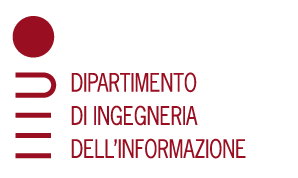Many sensory substitution interfaces for visually impaired subjects have been proposed, but very few are currently used, probably because of an unbalanced interest towards performance metrics, which do not consider assessments from both sensory and cognitive standpoints.
The objective is to build and evaluate visuo-tactile sensory substitution devices, aimed at helping visually impaired people to construct mental maps. A Tactile Mouse (TAMO) is proposed as simple and low-cost device for interacting with simple virtual objects. The novelty is to jointly consider objective/subjective measures from psychophysics, human behavior and neurophysiology to assess this device.
In this talk we attempt to answer to the following research questions: Is it possible to provide spatial knowledge to blind people with a minimalistic tactile device? Are mental maps acquired by blind people in a different manner than sighted people do? Does the capability of constructing a map depend on prior vision capabilities? Can blind people benefit from a tactile virtual reality? What is the effect of task
difficulty on tactile map perception? Can subjects reliably evaluate themselves?
We have found visuo-spatial cognitive cues in both blind and sighted people, by jointly analysing behavioural and neurophysiological brain signals while eliciting the construction of mental maps with TAMO. Our results show that the acquisition of new spatial information can be effective in blind as well as in sighted subjects, and that the context of virtual reality can be used to provide maps even with minimal information and with no training. They also show that the brain circuits involved in mental mapping may be supramodal, i.e. may be independent on the input sensory modality. This is important in the context of rehabilitation and in orientation and mobility programs, because spatial abilities can be improved with multimodal inputs. Additionally, from a behavioural standpoint we found that task difficulty significantly affects haptic sensitivity, perceived performance and perceived difficulty. Moreover subjects are able with the TAMO device to predict their own performance.
The long-term technological objective of the project is to offer portable tools for home-based improvement of spatial abilities.






